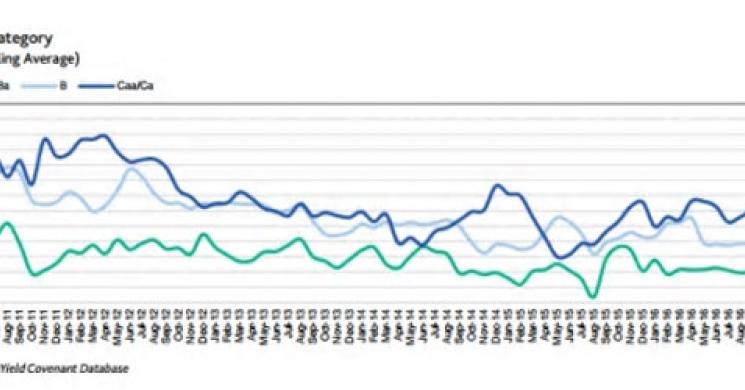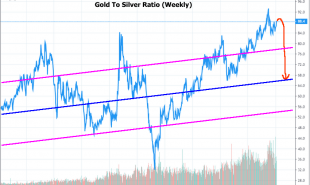
Intro
Banks begin increasing loan loss reserves and regulators are poking around finding loans are ignoring borrower income according to Grants Publications -SKG
Creditor prey
Heady days for corporate borrowers: From consumer loans to structured credit and junk bonds, debtors are up in the driver’s seat. Some dispatches from the fixed-income motor speedway:
The June 23 edition of Asset-Backed Alert contains a pair of illuminating stories. A front page article “BlackRock Summons Issuers for ETF Plan” details the asset manager’s efforts to cajole consumer credit issuers to step up their deal volumes. Why? Because the soon-to-be-floated iShares Consumer Asset-Backed Securities ETF needs to buy something. The following piece “Income Verifications Catch Eye of Regulator,” notes an SEC investigation of multiple originators for potential “unverified or incorrect” representation of borrower incomes. An unnamed source tells Asset-Backed Alert:
They collect loan information and income, and even if it’s significantly different, some of these firms are going with the original decision they made on the loan grade.
Structured credit holders were dealt a rude surprise earlier this month, when trustee Wells Fargo announced it would “divert” $91 million out of the $540 million called from holders of Residential Mortgage Backed Securities to help cover its potential legal liabilities. Fitch Ratings subsequently placed a number of other RMBS products on review for downgrade, after determining they were also at risk for similar diversion of funds. This practice is becoming more widespread, as the Fitch report notes that:
J.P. Morgan's research team has identified four transactions where three trustees other than Wells Fargo (U.S. Bank, Bank of New York Mellon and HSBC) withheld funds on called transactions.
High-yield corporate borrowers have it especially good these days. According to an analysis by Moody’s, bonds issued across North America in June featured the weakest covenant quality since at least spring 2011 (when the ratings agency began tabulating the metric), with a record 60% of June issuance and 47% in the Moody’s index carrying the dreaded “High-yield-lite” designation. Alexandra Scaggs of FT Alphaville explains:
High-yield-lite bonds automatically earn Moody’s worst CQ (covenant quality) score, because they lack the usual high-yield covenants that limit activities like taking on more debt, or making dividend payments.
Moody’s sounds the alarm:
(PICTURE TO FOLLOW!)
The Alphaville piece goes on to identify a mid-June offering from Tenet Healthcare Corp. that managed to secure those easy-breezy terms, despite a well-below investment grade CCC-plus rating (the $500 million offering, priced at par with a 7.00% coupon, continues to trade near that level).
Tenet carries a debt load in excess of $15 billion, against GAAP pre-tax income of less than $150 million in the trailing 12-month period. Nearly half of trailing 12-month EBITDA of around $2 billion was allocated to interest expense. Free cash flow in the past year registered negative $268 million.
CLICK HERE to begin a six-issue Trial Subscription to GRANT'S. Offer ends July 15, 2017.
Read more by MarketSlant Editor







